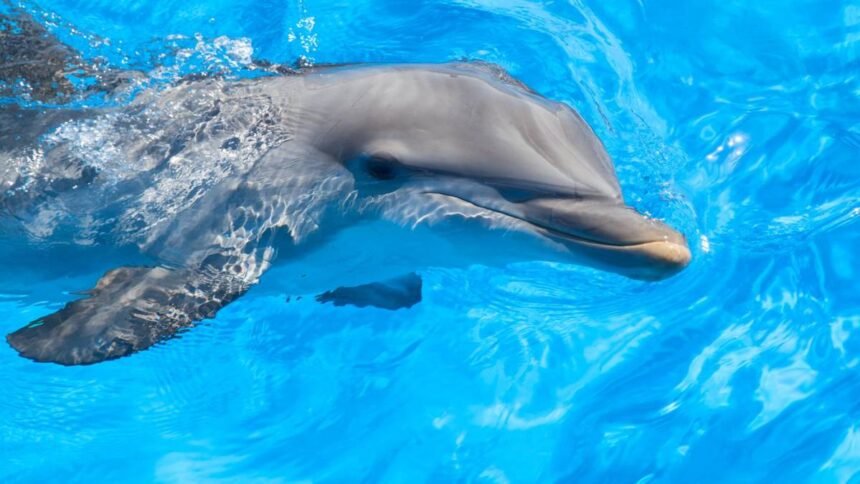Many of us probably look fondly back on times when we were children and went to theme parks
We’d spend all day essentially overstimulating ourselves with incredible sights, thrills, and novel foods that would be hard to find at a regular grocery store.
Related: Home Depot makes a startling closure amid concerning trend
Of course, now that we’re grown up, many of us probably realize how questionable a lot of the practices were at some theme parks.
It can feel sort of wrong to go enjoy a theme park for the day and leave knowing there are dozens of animals in captivity, ostensibly living in subpar conditions (at least compared to what they might experience in their natural habitats in the wild).
There are plenty of outspoken critics about the treatment of animals, specifically mammals in zoos and theme parks.
“The industry has always insisted that captive marine mammals live a good life. Yet the design of performance stadiums put the needs of the visiting public before the needs of the animals. Enclosures are designed to make the animals readily visible, not necessarily comfortable,” The Case Against Marine Mammals in Captivity writes.
Marineland Dolphin Adventure
Theme parks are good for people, not animals
Experts maintain that it’s incredibly hard to treat animals well while also pleasing humans for business gains.
“Public display facilities maintain that they enhance the lives of marine mammals in captivity by protecting them from the rigors of the natural environment,” The Case Against Marine Mammals in Captivity continues.
“The truth is that marine mammals have evolved physically and behaviorally to survive these rigors. For example, nearly every species of marine mammal, from sea lion to dolphin, travels large distances daily in a search for food. In captivity, space is constricted for these wide-ranging species and natural feeding and foraging patterns are completely lost.”
“Eye problems, hearing loss, and diseases rarely or never encountered in the wild plague captive marine mammals. Wild-caught marine mammals gradually experience the atrophy of many of their natural behaviors,” it argues.
Popular theme park faces financial trouble
Marineland, a popular aquatic park located in St. Augustine, Florida, is up for sale.
The company that owns Marineland, called The Dolphin Company, filed for Chapter 11 bankruptcy on March 31, 2025.
It said it was struggling financially, and was also accused of animal welfare problems at its property.
The Dolphin Company owns two other parks located in Florida. They are:
- Gulf World Marine Park, Panama City Beach, Florida (closed May 2025)
- Miami Seaquarium (lease rights), Miami, Florida
Gulf World Marine Park closed after several dolphins died in its captivity.
The remaining dolphins were transferred to its other properties.
Marineland goes up for sale
Marineland, which is up for sale as a part of the bankruptcy, is home to 17 dolphins.
The sale does not have a listing price, though it includes six acres of property located right along the beach in St. Augustine, Florida. The dolphins are for sale, along with the business and operating facility.
The now-closed Gulf World Marine Park, plus the rights to occupy The Dolphin Company’s Miami Seaquarium, are also up for sale.
Miami-Dade county currently owns the 38‑acre waterfront Seaquarium property, and it terminated The Dolphin Company’s lease after alleging it mistreated its animals.
“The current state of the Miami Seaquarium is unsustainable and unsafe,” Miami-Dade County Mayor Daniella Levina Cava said. “Meanwhile, our number one priority continues to be the safety and wellbeing of the animals, and moving forward we’ll do everything we can to ensure that they are well cared for.”
Seaquarium is home to over 500 animals.
The USDA inspected Marineland earlier in 2025 and only found a minor infraction, which included flaking paint chips located near the pools where dolphins are kept.







